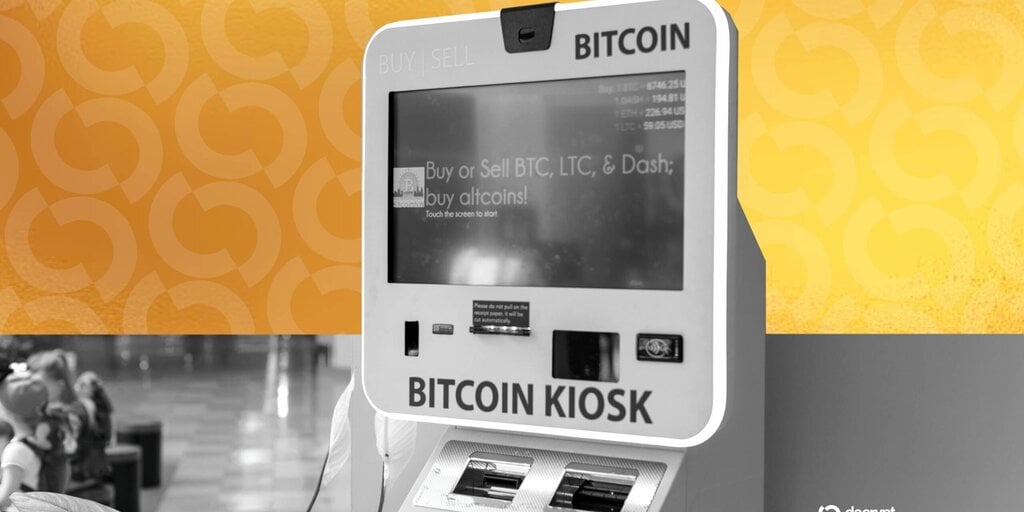FinCEN Warns of Soaring Crypto ATM Fraud; Elderly at Risk, Regulatory Gaps Exploited
The U.S. Treasury Department’s Financial Crimes Enforcement Network (FinCEN) has issued an urgent alert regarding fraudulent schemes exploiting cryptocurrency ATMs. The alert notes a significant escalation in losses, rising 31 percent to nearly $247 million in 2024, and a 99 percent increase in complaints about “convertible virtual currency kiosks” or Bitcoin ATMs, with over 10,956 incidents reported to the FBI’s Internet Crime Complaint Center (IC3).
In Brief
- FinCEN issues urgent alert on crypto ATM fraud.
- Elderly individuals (over 60) account for over two-thirds of losses.
- Many operators lack required registration and anti-money laundering controls.
The number of crypto ATMs in the U.S. has exploded, growing from about 4,100 in 2019 to over 37,000 currently, creating opportunities for exploitation.
“Criminals are relentless…, and they’ve learned to exploit innovative technologies like CVC kiosks,” said FinCEN Director Andrea Gacki.
The notice highlights widespread regulatory failures: many kiosk operators are unregistered “money services businesses” or fail to implement basic “anti-money laundering” measures.
Regulatory Failures & Criminal Methods
Non-compliant operators often advertise anonymity, charge excessive fees (up to 25%), and permit multiple transactions without identification. This enables schemes targeting vulnerable populations.
Elderly victims bear the brunt, losing funds from retirement accounts. Tech support scammers, responsible for nearly half the fraud, trick victims into using nearby ATMs. Additionally, criminal groups use crypto kiosks for cross-border money laundering.
Criminals receive crypto via kiosks and typically convert it into stablecoins. They then employ “chain-hopping,” moving funds across multiple blockchains to obscure transaction trails and hinder law enforcement tracking.
Elderly Particularly Vulnerable
Elderly individuals, though least likely to use crypto, are most affected. Scammers exploit the irreversible nature of blockchain transactions, convincing victims to convert funds, often from retirement accounts, irrecoverably.
Global Crackdown On ATMs
Regulators globally are intensifying controls. New Zealand announced potential bans, Australia caps transactions at $5,000 and revokes licenses, and Washington state’s Spokane became the first U.S. city to ban crypto ATMs citing widespread fraud.











